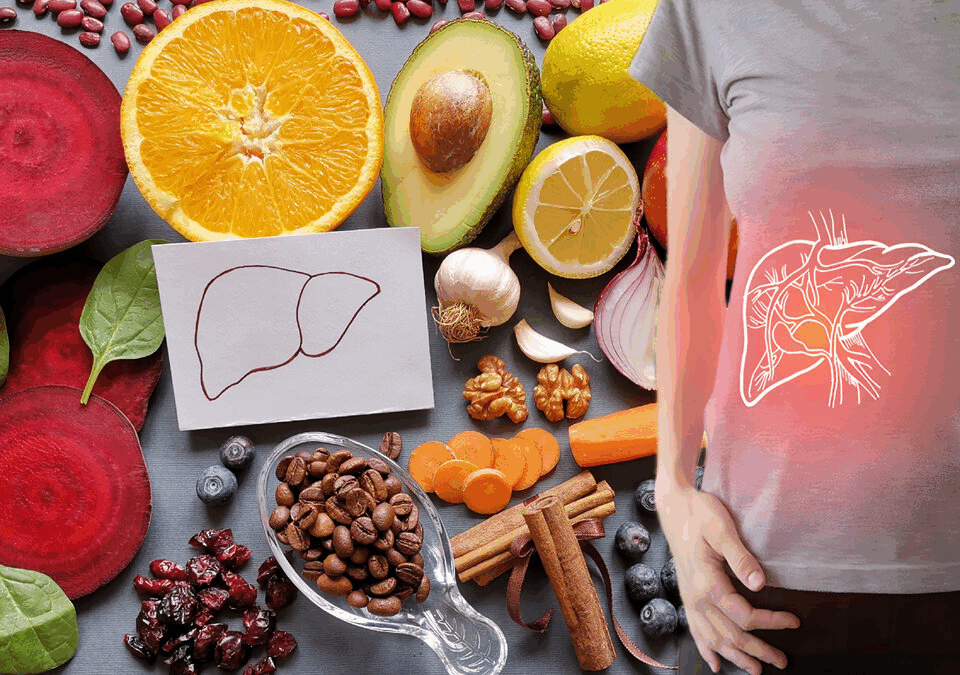
Invisalign Versus Traditional Braces
October 2, 2025
Early Warning Signs of Skin Cancer
October 2, 2025Nutrition plays a role in maintaining health and well-being throughout a woman’s life. The body’s nutritional requirements change with each stage, from adolescence through reproductive years and into post-menopause. Making informed dietary choices can support physiological functions, help manage energy levels, and contribute to long-term women’s health. Understanding the components of a nutritious diet is the first step toward building a foundation for maintaining health.
Balanced Diet Basics
A balanced diet provides the body with the necessary energy and nutrients to function correctly, which is beneficial for women’s health. It is composed of a variety of foods from all major food groups, including lean proteins, whole grains, healthy fats, and an abundance of fruits and vegetables. These food groups provide macronutrients, including carbohydrates, proteins, and fats, which are required in larger amounts for energy and structural support. They also offer micronutrients, which are the vitamins and minerals beneficial for numerous metabolic processes.
Key Nutrient Needs
Women’s nutritional needs change due to hormonal fluctuations, menstruation, pregnancy, and menopause. Prioritizing certain nutrients can help support the body through these transitions.
- Calcium and Vitamin D: These are good for building and maintaining strong bones. Vitamin D helps the body absorb calcium, which is great for bone density. Good sources include dairy products, fortified plant-based milks, and leafy greens.
- Iron: As a key component of hemoglobin, iron is necessary for transporting oxygen throughout the body. Women in their reproductive years often have higher iron requirements. Iron-rich foods include lean meats, beans, lentils, and fortified cereals.
- Folate: This B-vitamin is good for cell growth and metabolism. It is significant for women of childbearing age due to its role in fetal development. It can be found in dark green leafy vegetables, beans, peas, and nuts.
Healthy Eating Habits
Beyond what you eat, how you eat also contributes to overall health. Establishing consistent and mindful eating habits can support digestion, help regulate appetite, and foster a positive relationship with food. These practices can help develop a sustainable approach to nutrition. To cultivate healthier eating habits, try incorporating the following practices:
- Mindful Eating: Pay attention to your food and the act of eating, which can help you recognize hunger and fullness cues more effectively.
- Consistent Meal Times: Eating meals and snacks at regular intervals can help stabilize blood sugar levels and manage energy throughout the day.
- Adequate Hydration: Water is necessary for nearly every bodily function, including nutrient absorption and temperature regulation.
- Portion Awareness: Understanding appropriate portion sizes helps in managing calorie intake and promoting a balanced consumption of different food groups.
Protective Lifestyle Choices
Nutrition is only one part of the larger picture of health. Integrating a balanced diet with other positive lifestyle choices creates a comprehensive approach to wellness. Regular physical activity complements a healthy diet by supporting cardiovascular health, muscle strength, and bone density. Managing stress and attaining sufficient sleep are beneficial for overall well-being. Chronic stress and inadequate rest can affect hormonal balance and influence food choices.
Prioritize Nutrition for Women’s Health
A well-balanced diet rich in nutrients is beneficial for women’s health at every stage of life. By understanding the basics of a balanced diet, focusing on key nutrients like calcium, iron, and folate, and adopting healthy eating habits, you can actively support your body’s needs. When combined with other protective lifestyle choices, a healthy diet provides a valuable tool for maintaining long-term health. To learn more about creating a personalized nutrition plan, consult with a healthcare provider or a registered dietitian.





